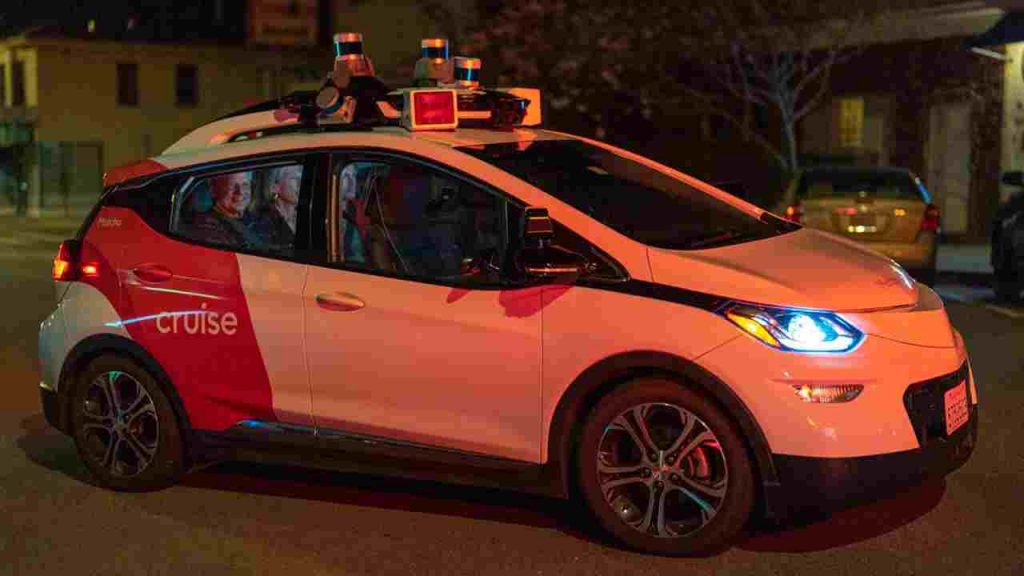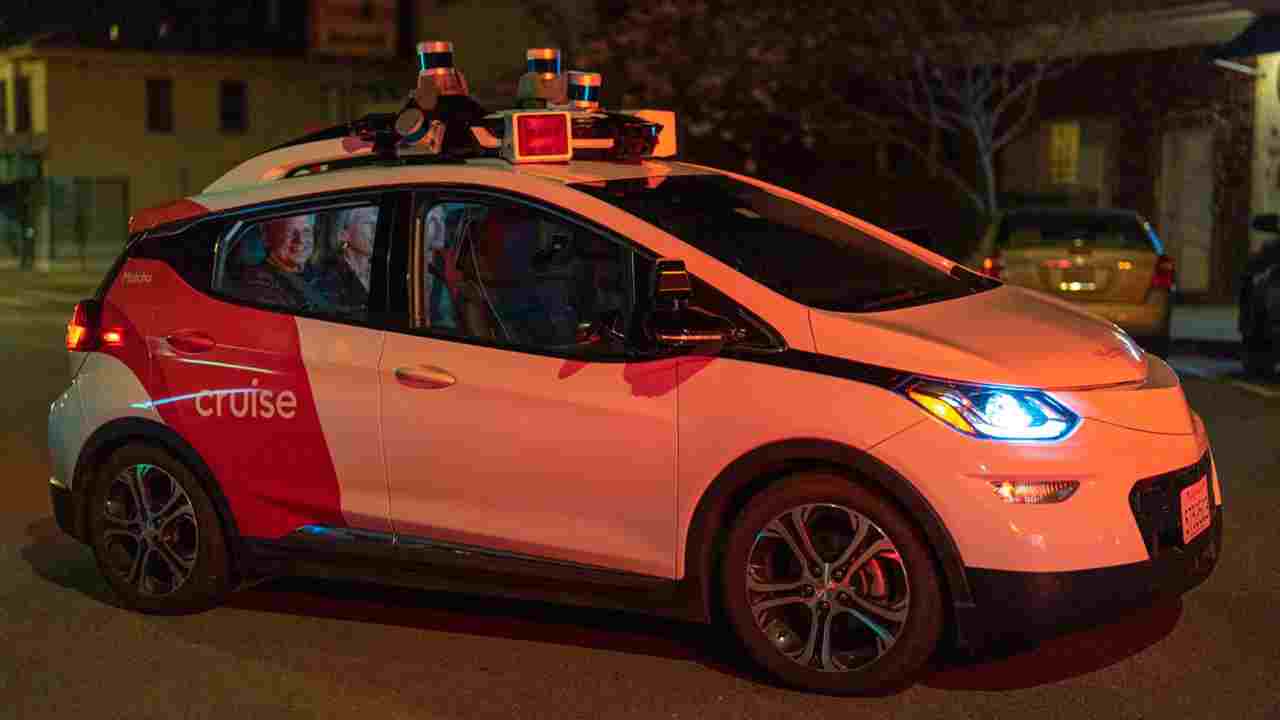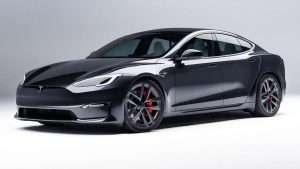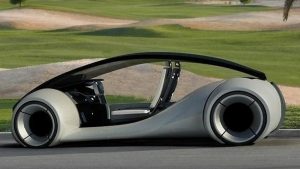Cruise enhances Autonomous Vehicle Systems to improve response to emergency vehicles and scenes

Robotaxi (carbuzz.com)

Cruise collaborates with stakeholders to address concerns and boost safety in the wake of recent collision.
Cruise, a subsidiary of General Motors, has implemented significant enhancements to its autonomous vehicle (AV) systems following a recent collision involving one of its AVs and a fire truck. These improvements aim to ensure safer interactions with emergency vehicles and scenes and enhance overall predictability.
Around two months ago, an incident involving a Cruise autonomous vehicle colliding with a fire truck resulted in injuries to one passenger. Subsequently, the California Department of Motor Vehicles (DMV) directed Cruise to suspend 50% of its AV fleet. In response, Cruise has been actively working to enhance its technology to prevent similar incidents in the future.
To identify areas for improvement, Cruise engaged in close communication and collaboration with law enforcement, Emergency Medical Services (EMS), fire officials, and other stakeholders. These collective efforts led to several key enhancements designed to minimize operational impacts, facilitate quick exits from emergency scenes, and improve overall predictability.
One of the significant enhancements involves the AVs’ response to the presence of emergency vehicles with sirens and flashing lights. Upon detecting these signals, the AVs will reduce their speed to 70% of the posted speed limit. This approach enhances predictability and recognition through both visual and audible means, allowing the AVs to take proactive actions even in response to emergency scenes at a distance.
Cruise has also improved communication with relevant departments, including direct email alerts from the San Francisco Emergency Service. This step assists the AVs in avoiding emergency scenes. Cruise’s dispatch team can receive updates from first responders 24/7, ensuring an ongoing exchange of information.
Additionally, in unpredictable road situations, Cruise’s AVs allow first responders to manually move the vehicle to a safe location. This measure aims to prevent incidents such as pedestrians being trapped under an AV, increasing overall safety.
Cruise emphasizes its commitment to cooperating with law enforcement, firefighters, and EMS, aiming to educate and receive feedback continuously. By strengthening the AV’s responsiveness in various emergency scenarios and ensuring clear understanding and predictability of its behavior, Cruise aims to build trust and enhance safety.
This initiative reflects the broader goal of the autonomous vehicle industry to continuously innovate and improve safety measures, as AV companies work towards gaining the trust of the public while delivering transportation services.





